By Jaime Jovanovich-Walker, Community Outreach Coordinator
No guts, no glory. No pain, no gain. You have to work hard to achieve big things, yada, yada, yada. So what the heck does that have to do with land conservation? Whoa buddy, let me tell you, the challenges of a community land trust can be pretty darn intense at times.
In the past several months alone, there have been multiple instances of blood (I’m *ahem* hand/eye coordination-challenged), pretty consistent sweat (the good kind you get when you’re working hard outside and that not so good kind you get when you’re nervously up against a grant deadline or a group of 2nd graders), and copious amounts of tears. Conservation ain’t for the faint of heart, trust me.
Mmm, rusty fresh.
It’s a good thing that the commitment to the lands of our region runs so much deeper than a job, than a laundry list of stewardship and maintenance tasks, than writing the fifth grant proposal of the week. It is something so intrinsic and deeply ingrained that sometimes where the work ends and the body and soul begin are indistinguishable. Kind of like where the shin ends and the rusty, sharp point of old barbed wire begins. Except with less tetanus shots, of course.
The folks who gravitate to conservation work are generally pretty tough stock, and we’re not afraid of a scrape, a sore back, or ample hours spent in the sweltering heat or blistering cold. But that doesn’t make us invincible, either. There are so many moments where I sit at my desk or I wake up in the middle of the night and think, “what if I let our landowners down, what if our supporters don’t hear about this amazing project, what if this event flyer makes people turn and run? What if we don’t do a good job saving the land that means so much?”
Each and every person I’ve met in the Land Trust community and in conservation and natural resources sweats the small, the medium, and the big stuff constantly, because this work is just so incredibly important. We agonize over legal language in conservation easement documents. We wrestle with how to connect more members of our community to the power of nature and the land. We kick ourselves for every perceived misspoken word to a potential landowner or supporter. And we’re constantly faced with the fact that we’re saving land and stewarding it in perpetuity. Forever. And ever. And ever. Basically, at this point, I’m pretty much just a giant bag filled with anxiety.
And don’t think I’ve forgotten the tears. Those come for all sorts of reasons – including blood (nice way to bring it full circle, Jaime)! But seriously, there are tears of sadness when an event must be postponed due to poor weather, of frustration when the project that has been worked on for months or even years falls through at the finish line, and there are certainly tears when that critical grant proposal isn’t chosen for funding.
Those tears of joy, though, those are the ones that really cinch a life in conservation. They come when a prospective landowner comes to us with an amazing piece of property and a dream for the future, and definitely when we close on a conservation project that protects the very best of our region and leaves a conservation legacy.
For a child, we’re discovering magic. For a jaded old fart like me, we’re reaffirming the meaning of community conservation and hope.
They washed over me when a little guy at last weekend’s Playin’ in the Ponds collaborative wetland education event with PCEI came over to whisper something very important: “I just wanted to tell you that this was the best day ever and I had the best time and I can’t wait to do it again.” And when my little second grade friend grabbed my hand after a fall presentation on loving nature and Leave No Trace principles to exclaim, “When I grow up, I want to be just like you.” That’s the good stuff right there.
As I reflect on the tears, the sweat, and yep, the scrapes, scratches, cuts, and bruises of recent months and the last several years, each and every one of them were worth it. Our iconic lands are worth it. Our community is worth it. You - our landowners, our supporters, our volunteers, our donors, our friends, our family - you’re so worth it. Thank you for making this good work possible.




